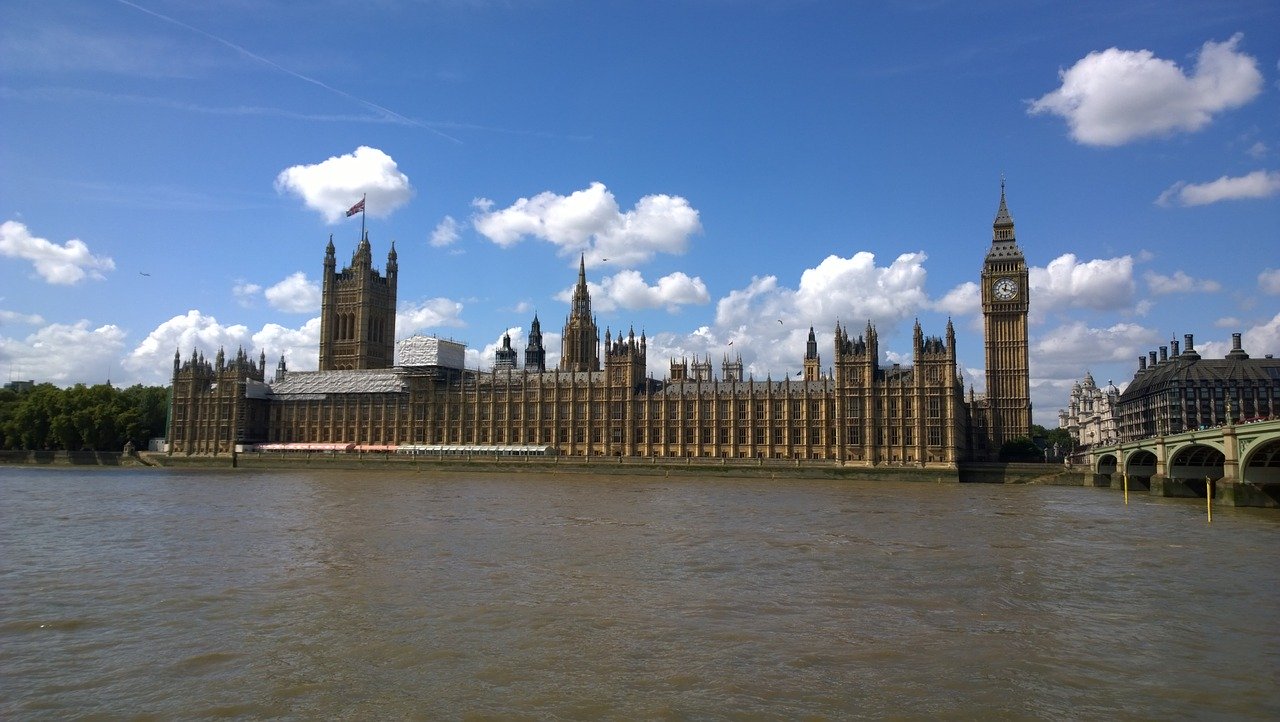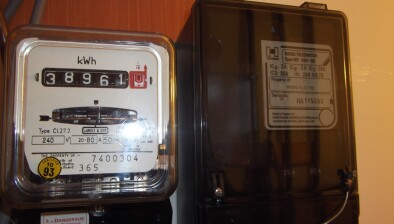MP’s Cold Climate Allowance Bill backed by fuel poverty campaign groups
Fuel poverty campaign groups Energy Action Scotland and National Energy Action are backing a new Bill being introduced in the House of Commons today that proposes an additional monetary payment for eligible people across the UK to help with winter fuel costs.

Energy Action Scotland has warned that “many lives will be lost and unnecessary pressure placed on the NHS” if the Bill is not approved, while National Energy Action, which works in England, Wales and Northern Ireland, estimates that the likely increase to gas bills in April could mean the cost of heating the average home will have doubled over the last 18 months.
To be introduced as a Ten Minute Rule Bill by Neale Hanvey MP, the Cold Climate Allowance Bill proposes an additional monetary payment for eligible people across the UK, in receipt of the state pension and other social security benefits, for 17 weeks during the winter from December to March.
The proposed allowances are based on paying 10%, 20% or 30% (depending on location) of the annual equivalent service charge for fuel and associated costs in Housing Benefit, as follows: Zone 4 (£41.34); Zone 3 (£27.56); Zone 2 (£13.78); and Zone 1 (No payment).
The Bill is UK-wide in its remit and has cross-party support from eight parties and one independent in the House of Commons. The Cold Climate Allowance would be in addition to the existing Cold Weather Payments which are triggered during cold weather snaps
In a statement, Neale Hanvey MP said: “At a time when people are facing a huge hike in their energy costs my Bill offers direct practical support to older and vulnerable people such as pensioners, disabled people and people on the lowest and fixed incomes, many of whom face the unenviable choice of feeding their families or heating their homes this winter.
“The Cold Climate Allowance would be an additional monetary payment paid for 17 weeks between December and March. By dividing the UK into four climatic zones it would pay the highest rate to those people experiencing the severest weather conditions and the highest heating costs in the UK. If you lived in Glasgow you would receive a higher rate than in Manchester and if you lived in Aberdeen a higher rate still. The point is that the colder the climate and the more severe the weather the higher the amount you would receive.”
Frazer Scott, chief executive officer at Energy Action Scotland, said: “Energy Action Scotland welcomes the proposed bill and the support it offers to vulnerable older people and people on the lowest incomes. Far too many people are facing a cold, cold winter, unable to afford to heat their homes to the levels that support their health and wellbeing.
“This winter looks set to be a time of incredible hardship for low income, vulnerable households. Energy prices are incredibly high and are set to increase substantially in April 2022. We expect high prices to be sustained for some time to come. As a result of this, poor levels of energy efficiency in homes and falling incomes, many lives will be lost and unnecessary pressure placed on the NHS. Over 2,000 more lives are lost in the winter months than in summer affected by living in cold damp hard to heat homes.
“Households, particularly in off gas areas face some of the highest energy costs anywhere in the UK. Households in Orkney, Shetland and the Western Isles of Scotland endure the highest rates of fuel poverty and this bill would provide those households with welcome additional support. Energy Action Scotland believes that more must be done to amplify support when extreme weather impacts on already financially stressed households. People should never feel compelled to self-disconnect or ration their energy supply.
“The Bill is consistent with the continuing concern we have that there is insufficient financial support available to people who need it most. Energy Action Scotland appreciates the motivation to address these inequalities the strength of which is reflected in broad cross-party support for this Bill.”
In a statement, National Energy Action said: “National Energy Action (NEA) works across England, Wales and Northern Ireland - and with our sister organisation Energy Action Scotland (EAS) - to ensure that everyone in the UK can afford to live in a warm home. NEA supports the aims of this Bill and welcomes the wider recognition amongst its sponsors and supporters that vulnerable households need additional support to help them afford a warm home.
“The cost of living is at its highest level in a decade with household energy bills being the principal driver. NEA estimates that average domestic energy bills have soared by over £230 per customer compared to last winter. This leaves 4.5 million households across the UK now struggling to heat and power their homes. Many are sinking further into debt. Others are forced to ration their energy use or turn off the heating altogether, leaving them at acute risk of serious ill-health or even premature death. Unfortunately, many experts predict energy bills will soar again this coming April, possibly by as much as £550 for the average dual fuel bill. According to our own estimates, the likely increase to gas bills in April could mean the cost of heating the average home will have doubled in the last 18 months.
“There is more the UK Government can do to mitigate the impacts and help more people keep warm and safe in their homes. We hope the Bill is successful or, at the very least, it prompts the UK Government to come forward with their own proposals to help more vulnerable households afford a warm home”.
Confirmed sponsors of the Bill are:
- Neale Hanvey, ALBA
- Kenny MacAskill, ALBA
- Angus Brendan McNeil, SNP
- Grahame Millar, Labour
- Alistair Carmichael, Liberal Democrat
- Liz Saville-Roberts, Plaid Cymru
- Jim Shannon, DUP
- Claire Hannah, SDLP
- Stephen Farry, Alliance Party
- Margaret Ferrier, Independent







